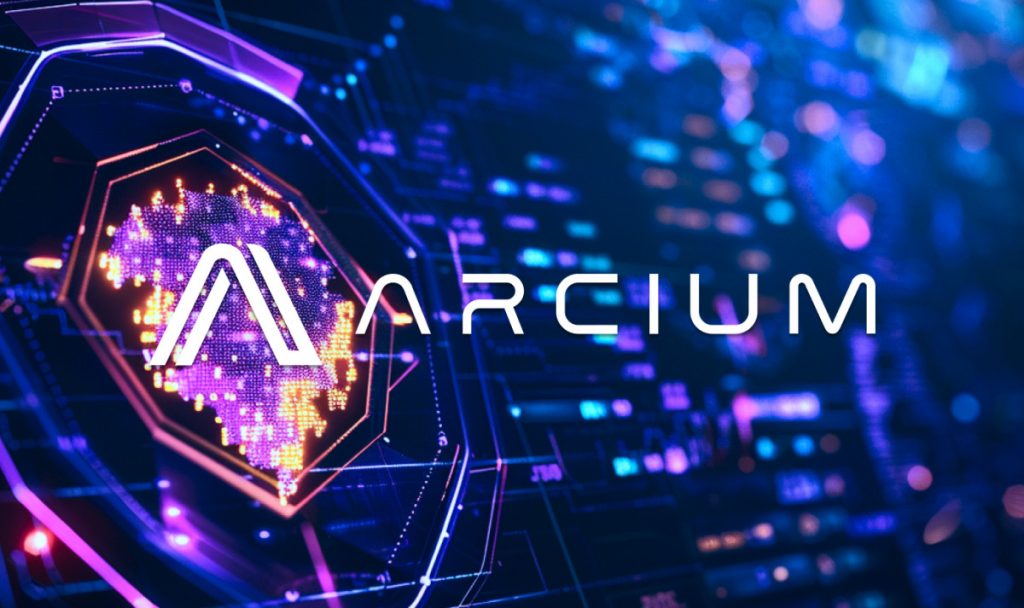Arcium Joins DeCC Alliance To Transform Data Protection And Confidential Computing


In Brief
Arcium unveiled its membership in DeCC Alliance to promote privacy-focused technologies that facilitate data protection and secure computing.

Network specializing in confidential computing, Arcium announced its membership in the DeCC Alliance. This coalition is dedicated to promoting privacy-focused technologies that facilitate data protection and secure computing.
The union aspires to increase awareness of Decentralized Confidential Computing (DeCC), an emerging Web3 sector. This effort seeks to distinguish projects categorized as “privacy coins” or “privacy chains” from those that facilitate decentralized computations, such as, for example, smart contracts or off-chain AI, while safeguarding individual information.
The association currently consists of participants encompassing Aleo, Intmax, Marlin, Oasis, and Ternoa, among many others, all working towards an objective of showcasing the possibilities of DeCC. Such projects offer advanced functionalities like making smart contracts with encrypted data, executing confidential computations on- and off-chain as well as keeping sensitive data on the blockchain—capabilities that surpass merely sending tokens confidentially.
Originally launched in early 2024, the union formalized the term DeCC via a vote on April 4th. It includes a variety of encryption technologies, encompassing Trusted Execution Environments (TEEs), Zero-Knowledge Proofs (ZKPs), Multi-Party Computation (MPC), and Fully Homomorphic Encryption (FHE).
The union has already held specialized events, such as ETHCC and Futurist. The primary objective of projects participating in it is to improve blockchain suitability for business by guaranteeing the confidentiality and safeguarding of proprietary data.
Arcium: What Is It?
It functions as a parallelized confidential computing network created to facilitate secure data collaboration, especially benefiting industries that rely on sensitive or valuable data, such as blockchain, healthcare, and AI. The network uses a distributed architecture with multiple nodes that execute MPC tasks collectively. This setup ensures that encrypted data is processed simultaneously, maintaining its integrity and confidentiality during the computation process.
Earlier this year, the project raised $5.5 million in funding with the goal of providing developers and applications with a customizable and trust-minimized framework for encrypted computations. The project intends to launch its mainnet soon, which will occur in multiple phases: the Private Incentivized Testnet, which has been finalized, and the upcoming Public Testnet.
Disclaimer
In line with the Trust Project guidelines, please note that the information provided on this page is not intended to be and should not be interpreted as legal, tax, investment, financial, or any other form of advice. It is important to only invest what you can afford to lose and to seek independent financial advice if you have any doubts. For further information, we suggest referring to the terms and conditions as well as the help and support pages provided by the issuer or advertiser. MetaversePost is committed to accurate, unbiased reporting, but market conditions are subject to change without notice.
About The Author
Alisa, a dedicated journalist at the MPost, specializes in cryptocurrency, zero-knowledge proofs, investments, and the expansive realm of Web3. With a keen eye for emerging trends and technologies, she delivers comprehensive coverage to inform and engage readers in the ever-evolving landscape of digital finance.
More articles

Alisa, a dedicated journalist at the MPost, specializes in cryptocurrency, zero-knowledge proofs, investments, and the expansive realm of Web3. With a keen eye for emerging trends and technologies, she delivers comprehensive coverage to inform and engage readers in the ever-evolving landscape of digital finance.



















































